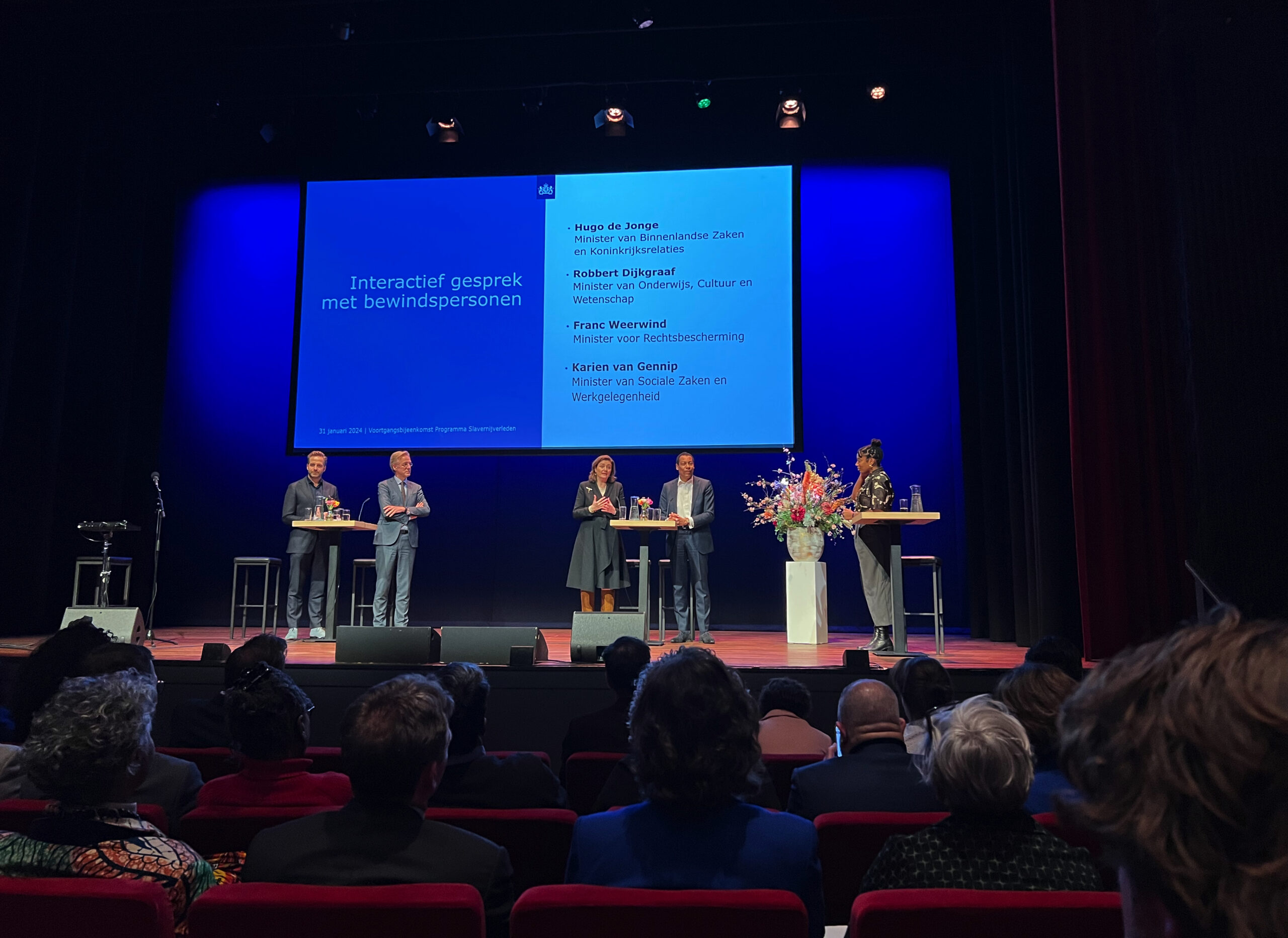This International Women’s Day, we highlight the work of an advocate tirelessly dedicated to maternal equity. Meet Mill Vrij, a birth worker and space holder supporting BIPOC mothers across The Netherlands.
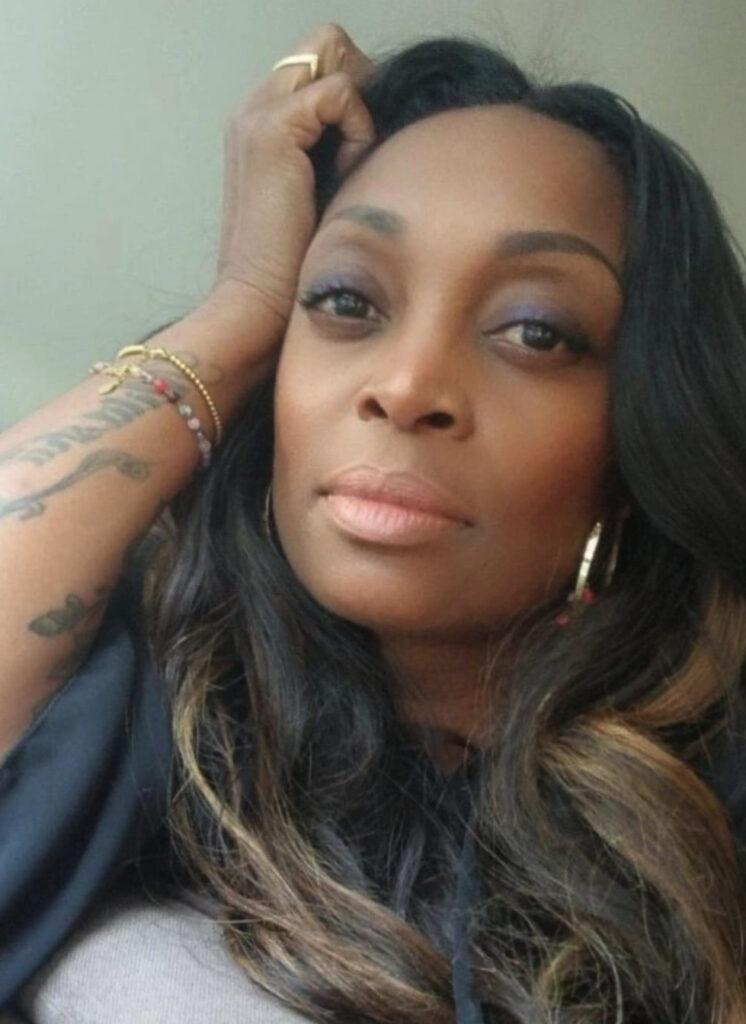
Today is International Women’s Day.
A celebration of the achievements, resilience and contributions of women to society, culture and life.
The theme for IWD 2024 is ‘Inspire Inclusion’.
It can seem like ‘inclusion’ has become a buzzword, rolled out to perform inclusion rather than embody or enact it.
This IWD, we highlight Mill Vrij, a birth worker and space holder based in the south east of Amsterdam who dedicates her work to making safe spaces for Black women and women of colour at one of the most vulnerable and transformative stages in their lives through her service, Kumba Tey.
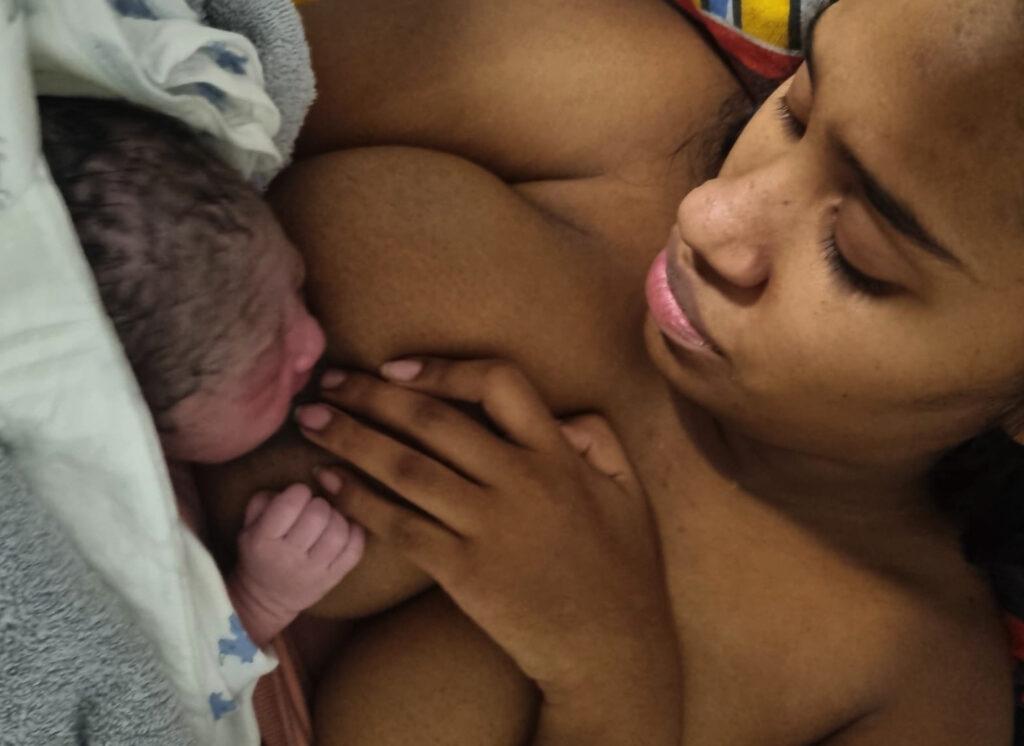
Maternal health matters
Black maternal health equity and its history are increasingly getting the attention they deserve.
Research in the United States indicates that Black mothers are three times more likely than their non-racialised counterparts to die in childbirth or from complications. Studies across Europe and the UK show similar rates.
Heartbreaking high profile cases such as US Olympian Tori Bowie, who died alone at home from complications from pre-eclampisa at eight months pregnant, illustrate the crisis in Black maternal mortality.
Black women and women of colour need to navigate a complex time with advocates by their side.
Mill Vrij is a birth worker and owner of Kumba Tey.
Holding space at births for 36 years, ‘Tante Mill’ or ‘Auntie Mill’ shares her journey supporting BIPOC women and the people who care about them through pregnancy, childbirth and postpartum.
Hi Mill, what is your connection to birth work?
My mum was a nurse — people called on her for everything including when women went into labour so I learned from her.
In 1986, I assisted my first birth on my own and saw that the support you give continuously adds to the mother’s response and experience. They become more equipped and experienced as birth progresses which is why I started to hold space.
It’s when I really started to work as a Doula, though I prefer the term space holder. In 2021, I started training to become a certified Doula.
You learn a lot when you’re assisting a birth. It’s where I learn the most.
The biggest lesson?
Everything you need to know is already within you.
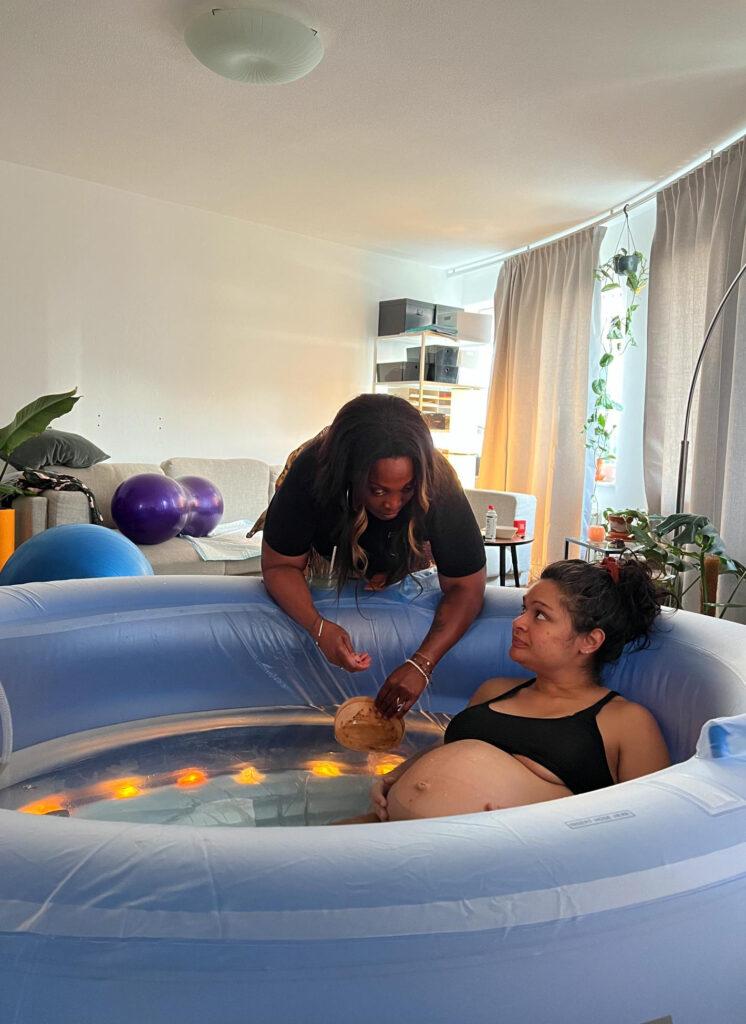
Why is holding space for Black women and women of colour so important when it comes to maternal health?
Statistically Black women are still the largest group to die during pregnancy and birth.
This can happen for a number of reasons: institutional racism, lower socioeconomic status, language barriers, limited knowledge, lack of awareness and lack of advocacy……
Because of our DNA, I believe it’s important to consider the impact of slavery and inherited trauma that hasn’t been worked through. Culturally, I really connect with the mothers I work with on these topics — it’s why I support them.
As women, and especially women of colour, we have to dig deeper to protect each other.
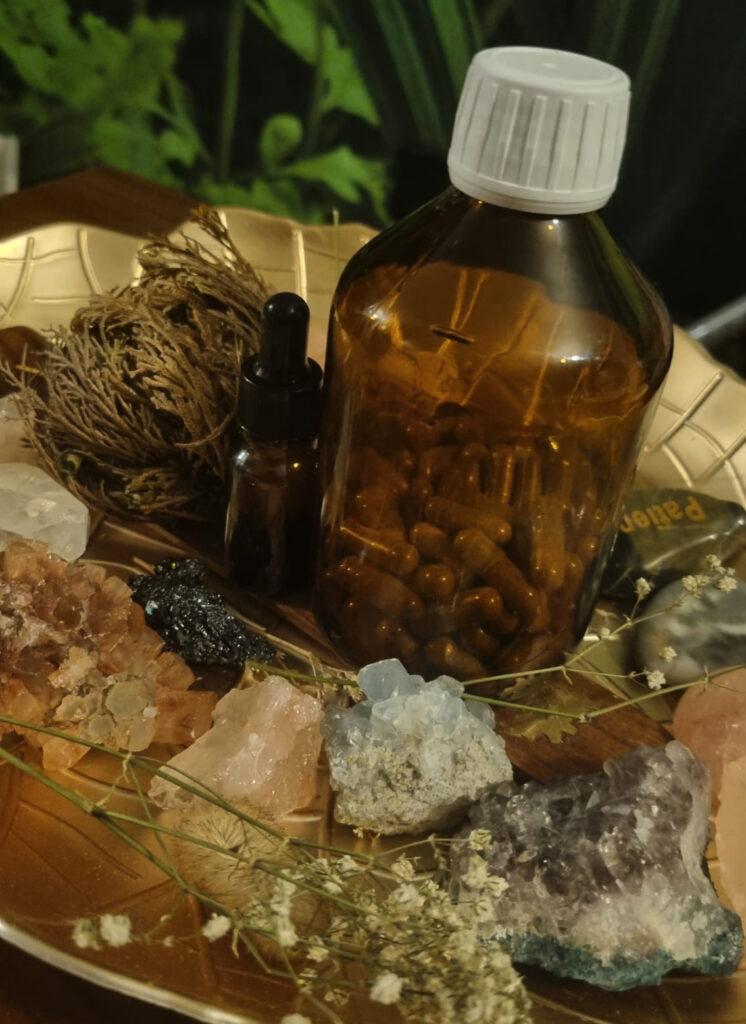
What impact does that cultural understanding play in your role as a birth worker?
Women recognise themselves in me and they trust me to understand them. It’s a trust thing. I trust that they can give birth and that they can do this.
If there’s no trust, you can’t work together.
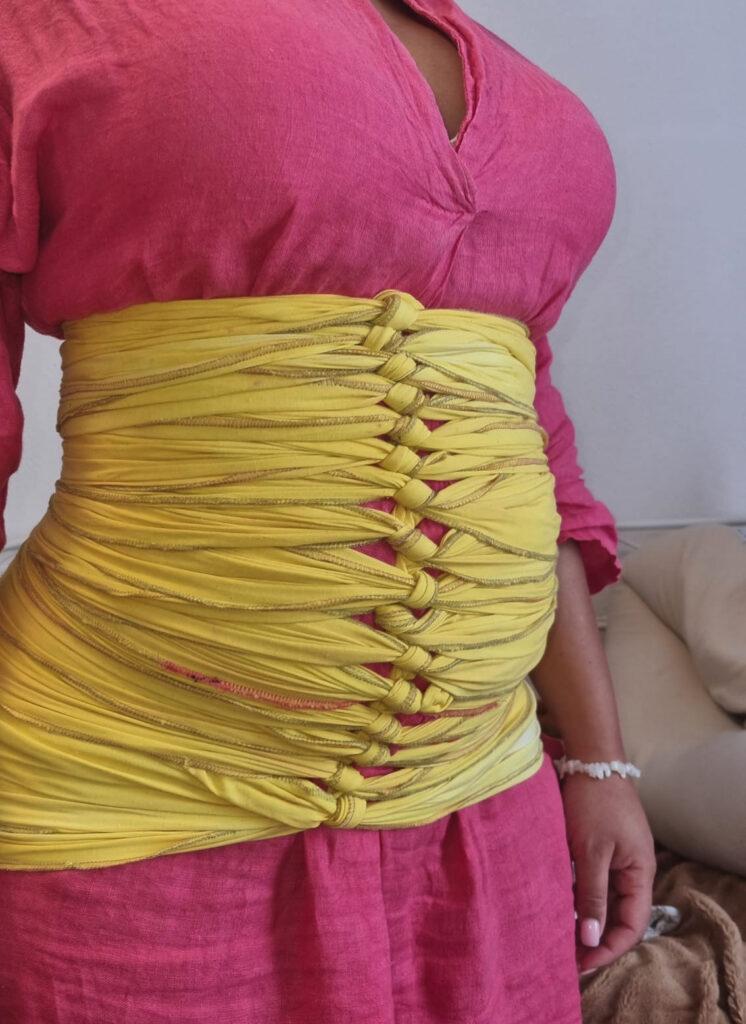
Your goal is to open a community centre in south east Amsterdam to support pregnant women — when it comes to maternal health, what are some of the most important things that the community needs access to?
The goal is for the community centre to support all women of colour.
It needs to be a place where we can gather, eat and be together, share knowledge from birth workers and other health coaches and teach people how to take care of themselves.
When you are able to look after yourself, you reduce your need to enter the system.
The medical system is important and is there for ill people.
But pregnant women are not ill, they’re clients who know what to do when you encourage them to trust their bodies.

They need to go into birth in the most natural way without going too deep into the medical system.
For that, they need access to coaches and birthing rooms; space for their children; support to learn about the nursing system; a place they can come to if they’re dealing with issues; education about their bodies, pregnancy and what changes will happen to their body and brain.
The most important thing is to trust yourself — cultivate the right mindset.
I remind my clients to not just make assumptions because they don’t know something and that the midwife will make the right call for them.
No, you know better because it’s your life — you have a choice.
Your word is always the last word so ask questions, make a birth plan, find out what your options are so that you can make an informed decision.
It’s important that birth support partners are involved because it can give strength to the mother to advocate for her.
When someone is going through a process, they need to be protected in that space.
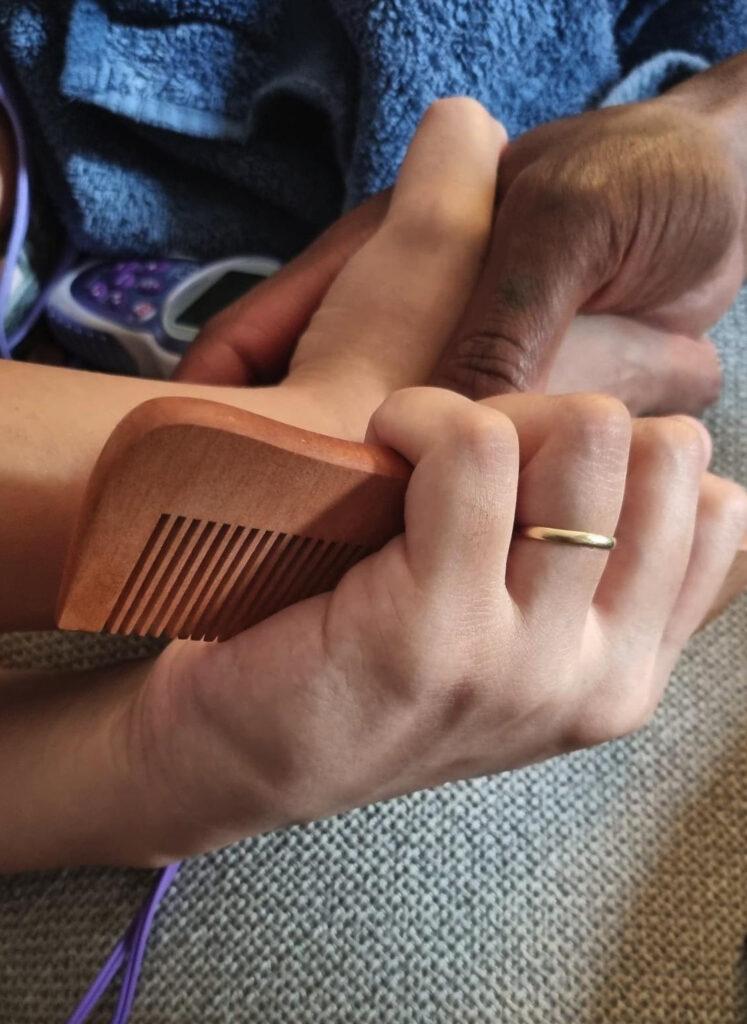
Who are some of the women who have supported you in your journey as a space holder?
My ancestors first and foremost.
During slavery, they were the midwives for everyone. I feel them very strongly when I work, their wisdom, service and intuition. That calling to serve is something you can’t learn, it’s either in you or it’s not.
All the women who I’ve been able to support and who support me back — holding space for them has taught me a lot about myself and I’ve grown a lot along the way.
My mum, my sisters, friends, friends of friends who gave me a chance before this to hold space for them — that’s where my wisdom is rooted.
I believe every woman knows what she needs.
If she doesn’t know, I’m happy to remind her how strong she is.
You see magical things happen when she is back in her strength.
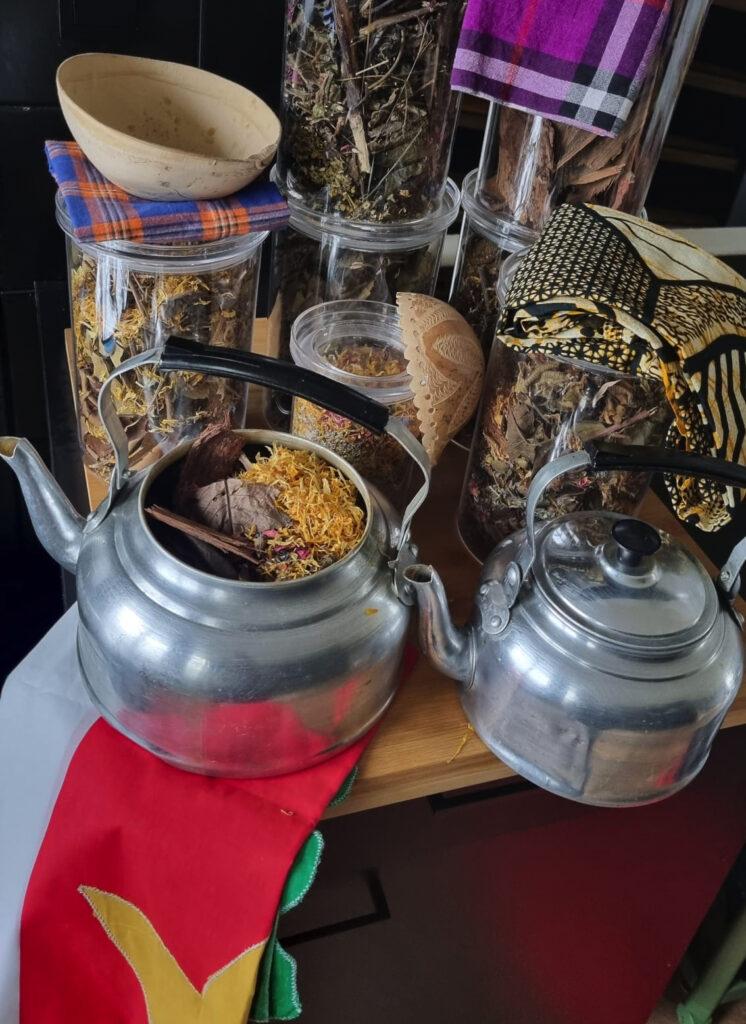
How would you describe your overall philosophy when it comes to advocating for pregnant people and their partners?
I’m their voice.
Sometimes when you’re in the system, it’s difficult because they overwhelm you with the things that they say in a moment where you need to be focussed and not have unnecessary interventions or distractions.
That’s why it’s so important to have a space holder.
My philosophy is that it’s your body, your choice.
People need to respect the natural side of birthing, respect the couple and understand that they don’t need saving. They need to be supported with knowledge.
The woman is the centre and she needs to be the centre at all times so it’s not about me, the medical team, the birth workers… it’s about the person giving birth. We need to trust them, that they will do what they need to do.
If everyone wants the same thing — to have a safe and trauma-free birth — then everything will work out fine.
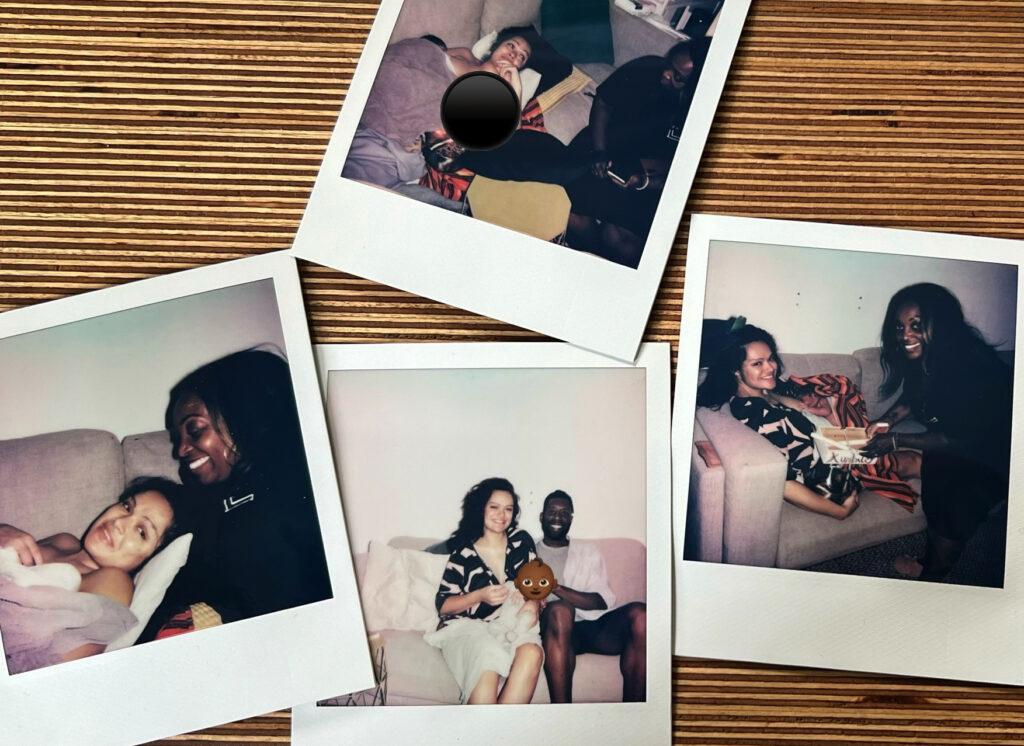
Thank you to our advocate
Maternal health equity for Black women and women of colour has wide-reaching impact.
With the support of Mill Vrij, our space holder and advocate during pregnancy, birth and postpartum, we had a safe birth and I’m able to share this blog with you today.
You can read more about our pregnancy journey and the vital support we received from Mill in ‘Surviving DEI at Adyen NV’.
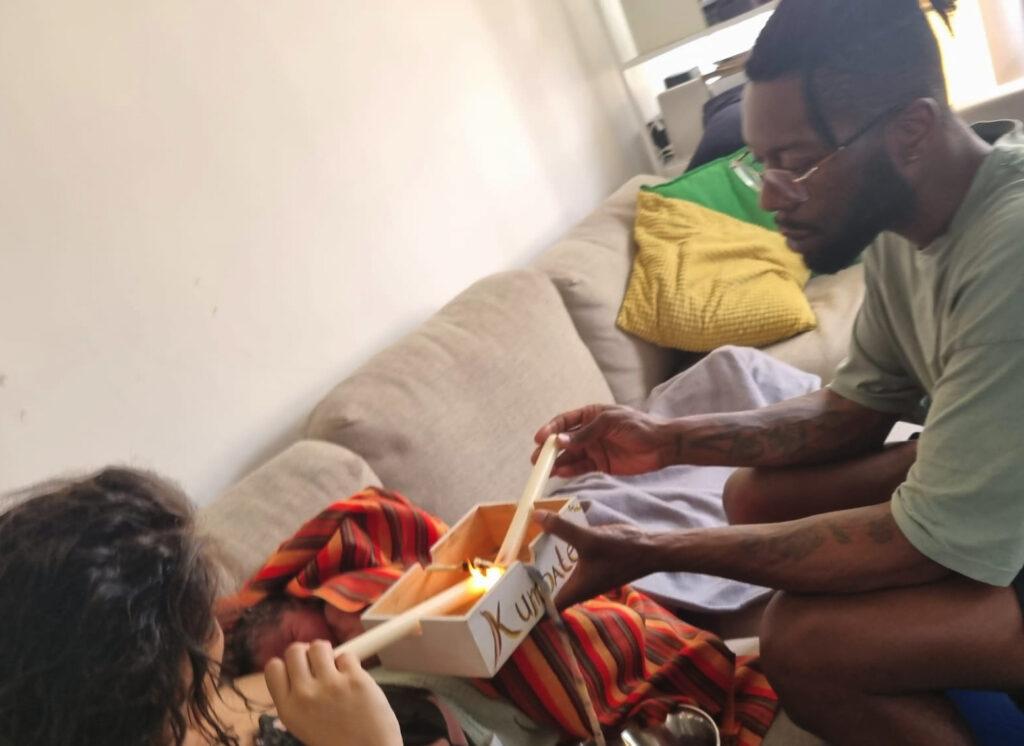
Follow Kumba Tey: @kumba.tey



